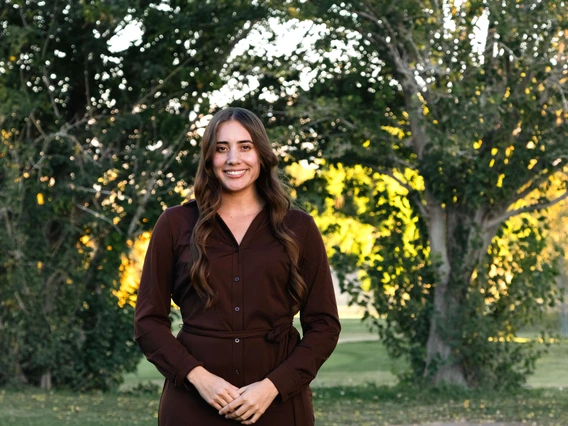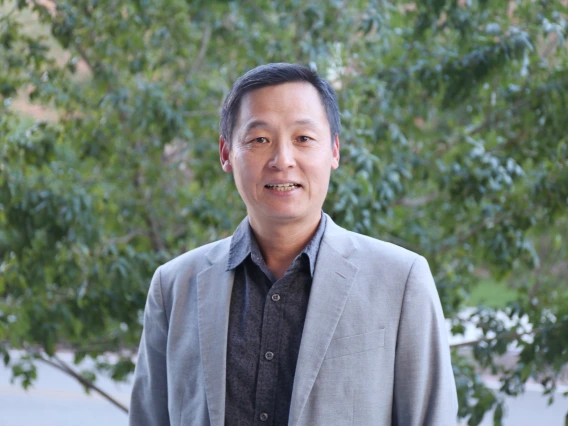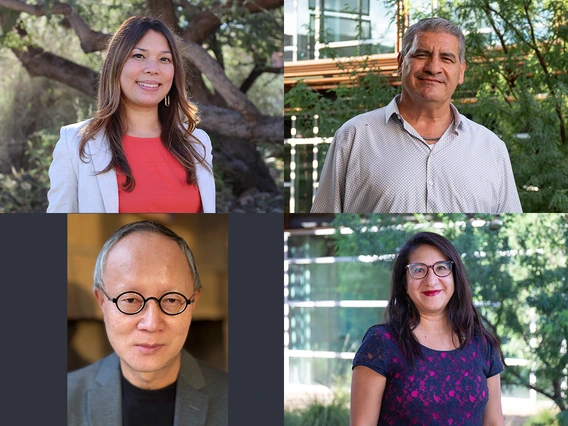Provost Prelock Reflects on the Humanities Role in U of A’s Land-Grant Mission

As a speech language pathologist, often working with children with autism, Patricia Prelock had a unique vantage point for observing the power of language and communication.
Though her career trajectory as a health professional was very clear, Prelock’s studies included a liberal arts foundation, including French and Latin.
“I would always say language and communication is everything,” she said. “The ability to have an understanding of cultures, literature and languages, knowing that the people I interface with come from a variety of different regions, and understanding and appreciating their language and cultural traditions, I think, makes me a better clinician and a better researcher.”
In May, Prelock joined the University of Arizona as Provost and Chief Academic Officer, following five years as Provost and one year as Interim President at the University of Vermont. Her third day on campus, Prelock spoke at a ceremony in which Alain-Philippe Durand, Dorrance Dean of the College of Humanities, was bestowed with the l’Ordre des Palmes Académiques rank of Officer, France’s highest academic honor.
“I think A-P, as our dean, has really identified how we can make the humanities relevant and current and still maintain the rigor that is so powerful in the humanities,” she said. “What we’re doing is really providing a career trajectory for students, that they still can have this deep knowledge of the humanities, but also be prepared for almost any career.”
As provost, Prelock is focused on achieving “Success for Every Student,” and whether a student is a major, minor, or taking general education or language courses, the humanities are at the core of that education, giving students the ability to think critically, solve problems, and understand different perspectives and cultures.
“When we think about fulfilling our land grant mission, it’s really about educating our community in Arizona and well beyond. I think what the humanities does is it provides that cultural context, that is so important for students to become an engaged citizen in their community, local, regionally and statewide,” she said.
As far as the other two components of the university’s mission, the College of Humanities adds the human element to research that shapes the future, and makes strong contributions to the university’s community engagement, through the Poetry Center’s one-of-a-kind archive and reading series, and public presentations through the Tucson Humanities Festival.
In her first year on campus, Prelock said she’s been impressed by the way in which the College of Humanities incorporates study abroad and internships into career pathways for students. She has also observed widespread collaborations across campus, citing specifically the Applied Humanities degree and the Health Humanities Hub at the Andrew Weil Center for Integrative Medicine.
“We have a dean in A-P Durand who really believes in the value of the humanities and is innovative in his approach to make the humanities truly relevant. He is not afraid to say ‘We study the humanities because it’s valuable and builds you from an intellectual perspective. But it also prepares you for any career that you want,’’’ she said. “I think that’s a differentiator for us.”











